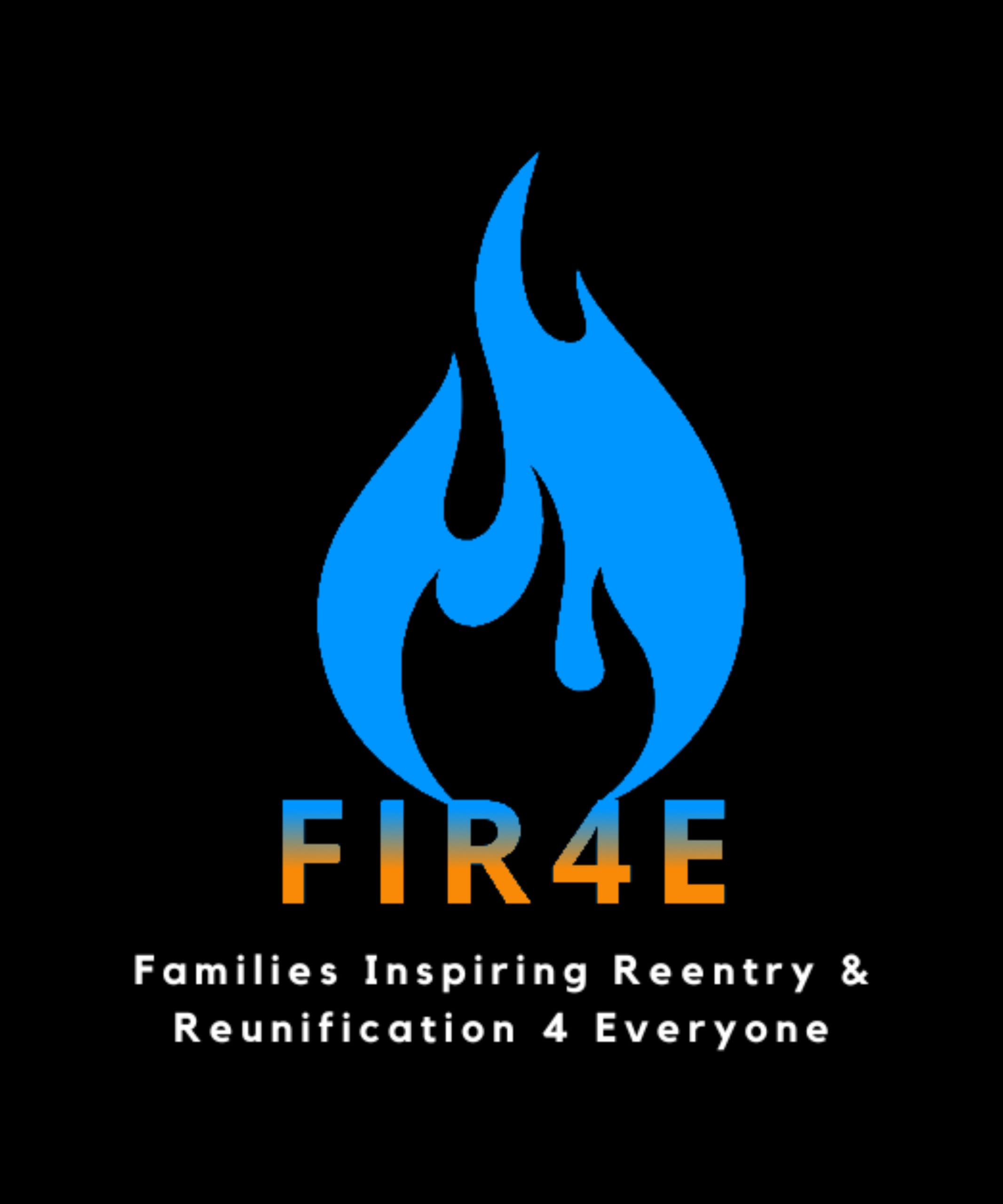Women Organizing for Justice and Opportunity: talking family reunification, prison industrial complex and grassroots work with community organizers

Monday night, LMU’s Bellarmine Forum virtually hosted Ingrid Archie and Stephanie Jeffcoat of Women Organizing for Justice and Opportunity (WOJO) in discussion with communication studies professor Kyra Pearson. They covered topics such as the obstacles faced by incarcerated women, family reunification and government funding versus grassroots organizing.
WOJO is an initiative based in Los Angeles aiming to bring together formerly incarcerated women to develop leadership skills and organize social justice movements within their communities. WOJO is sponsored by A New Way of Life Reentry Project with a mission to restore the civil rights of formerly incarcerated people while empowering and mobilizing their communities.
Jeffcoat and Archie began the forum by sharing their personal experiences with the Department of Children and Family Services (DCFS) while incarcerated. Jeffcoat shared that when she was incarcerated for six months, DCFS put her daughter through a three-month adoption process. Jeffcoat was not notified of court dates nor was she given any information about the process, giving her no chance to appear in court to defend her parental rights. Jeffcoat highlighted this as a common story and a source of diminished hope for many incarcerated and formerly incarcerated parents.
Lack of communication from social workers and sparse resources are two of the central obstacles incarcerated women face when dealing with DCFS, harming low income Black and brown communities the most. “There is a monetary gain attached to the Adoption and Safe Families Act which fuels family separation, they have to put these barriers so that they can keep making money off of Black and brown kids, separating them from their homes and communities,” Archie said when speaking on the legal policy driving these barriers.
Archie explained that the Adoption and Safe Families Act of 1997 (ASFA) works off of a system of performance-based monetary awards, granting DCFS offices that remove more children from homes more money. This gives DCFS a greater incentive to separate children from families rather than pursuing other options with the parents. Archie highlighted the prison-industrial complex and the lack of resources due to harmful policies like ASFA as ways the government has worked to break down Black and brown communities.
In her own words, Archie stated that “the Black family in America is looked at as a dollar amount. That’s why they keep fueling the policies; as long as they fuel the policies to attack our communities, that keeps up the systems that keep making the rich richer off of poor people.”
Pearson connected WOJO’s fight against family separation with formerly incarcerated parents and the fight to keep families together at the border. Jeffcoat explained that family separation has been happening to Black and brown families in the United States for years and has finally been highlighted at the border because of its visibility. Archie previewed their #givememybabyback campaign with the goal of bringing awareness to the system of family separation in place in the U.S.
Regarding the movement to defund the police and where funding should be redirected to, both Archie and Jeffcoat stated that funding should not go to social workers, as they often facilitate the breaking down of communities under DCFS policy. Archie said, “We can’t say that we want to put money into a system that continues to separate families and say that’s the best way to keep people safe."
Both Archie and Jeffcoat expressed that grassroots organizing in communities will always be the best solution over government programs. "The people who have the closest proximity to the problem have the solution," Archie said. Archie and Jeffcoat emphasized the need for funding for affordable housing, reentry facilities, mental health services and programs for children in the foster care system.
Archie called for a public assessment of the DCFS budget and reinvestment in communities. “We understand that children have to be kept safe. There is a way to go about that without monetizing it, and that is what we are looking to do," Archie said. When asked how to hold the system accountable and support people that are incarcerated, Archie replied with a clear message: “Change the law.”
Archie and Jeffcoat encouraged LMU students to look into the Adoption and Safe Families Act of 1997 themselves and learn about the ways the system needs to change in order to support marginalized communities. After attending, junior political science and economics double major Riley McCoy said, “Listening to the two women speak about their experience reaffirmed for me that one of the most beneficial things we can do is support individuals already doing important work in their communities.” Senior psychology major Sophia Lewis said how the women of WOJO's personal stories inspired her, "Not only did [Archie and Jeffcoat] shed light on how the social justice issues we discuss in class are present in the communities around us, but how anyone can step in and make a change."
On WOJO’s goals moving forward, Archie said, "At the end of the day, if people don’t know what is going on, it won’t change." WOJO plans to bring the action to the streets where the movement cannot be ignored and as Archie put it, “make some noise.”
This discussion with the women behind Women Organizing for Justice and Opportunity offered insight that can encourage LMU students to go beyond learning about social justice issues and to really work for change by making some noise.
Contact
Send a Message
Thank you for your interest in Families Inspiring Reentry & Reunification 4 Everyone. We appreciate your commitment to making a difference in the lives of formerly incarcerated individuals in Orange County, California. Please fill out the form below, and our dedicated team will be in touch with you soon.
